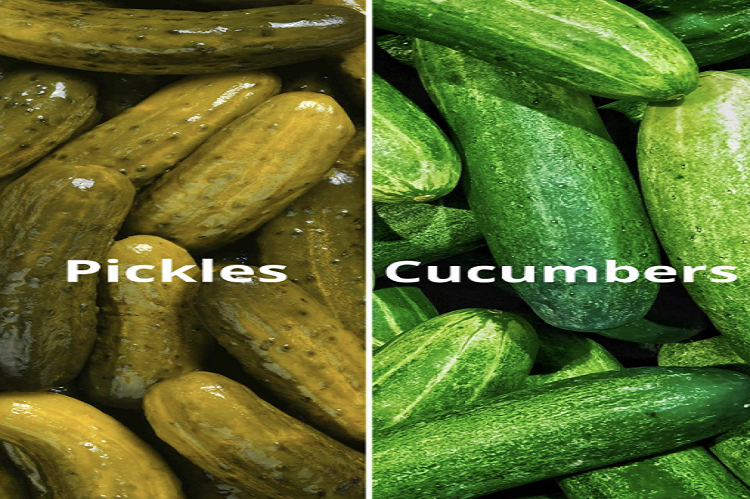Turkey bacon, also called turkey ham, is an alternative to regular bacon that’s made from turkey meat and seasonings. It’s usually made from ground turkey meat, but it can also be made from whole turkey breasts. Turkey bacon is lower in fat than traditional pork bacon and contains no nitrates or nitrites.
Turkey bacon is a healthier option than pork bacon because it has less fat and cholesterol. A 3-ounce serving of turkey bacon contains about 90 calories and 7 grams of fat, compared with about 150 calories and 10 grams of fat in the same amount of pork bacon. Turkey bacon also has less cholesterol than pork: 7 milligrams versus 18 milligrams.
If you’re trying to limit your intake of saturated fats or sodium, turkey bacon may be a good option for you. Saturated fat affects your blood cholesterol levels, while sodium can increase your risk of developing high blood pressure over time. However, if you’re watching your weight or counting calories, keep in mind that even though it has less fat than pork bacon, a serving size of turkey bacon still packs more calories per ounce than some other breakfast meats such as sausage links or ham slices because it’s so much drier than most meats when cooked (it doesn’t retain any moisture).
Table of Contents
Is Turkey Bacon Safe to Eat?
Turkey bacon is safe to eat if you are careful about portion size and stick to lean cuts of turkey breast. Because turkey breast is low in fat (about 5% to 10%) compared with pork belly (which is about 25%), you can end up eating too much lean turkey breast for your caloric needs.
The USDA recommends limiting yourself to 3 ounces of lean turkey breast per week, which will give you about 30 grams of protein and 120 calories per serving. That’s only one-third of what’s recommended by the USDA for adults, who should get 45 grams of protein daily on average!
Is Turkey Bacon Healthy?
Turkey bacon is lower in fat than traditional pork bacon, but it still contains sodium — about 290 milligrams in a 1-ounce serving.
A study published in the Journal of Food Science found that turkey bacon contains less saturated fat and cholesterol than traditional pork bacon. It also has more protein, which may help you feel fuller longer. But while turkey bacon has fewer calories per ounce than pork, it’s still high in calories when eaten in large quantities.
If you’re trying to cut back on processed foods, it’s probably best to avoid turkey bacon unless it’s organic or free-range (so the turkeys were raised without hormones and antibiotics). If you’re going to eat turkey bacon, keep it as part of a balanced diet that includes plenty of fresh fruits, vegetables and whole grains.










Comments